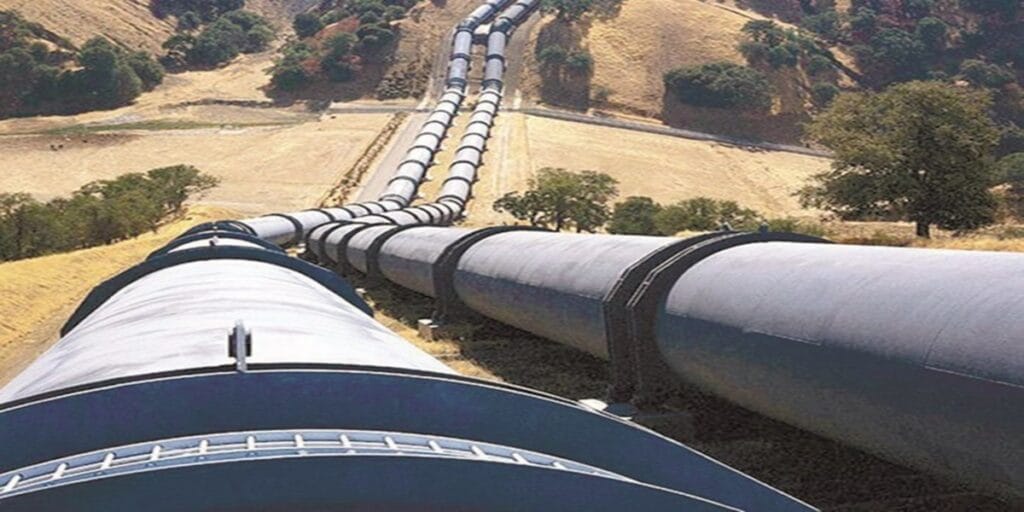This is a new decisive step for Morocco’s energy sovereignty and African regional integration: the Kingdom begins the effective construction of the Atlantic Africa pipeline by launching a first section connecting the port of Nador to the city of Dakhla. This section, which will extend along a large part of the Moroccan coastline, officially paves the way for one of the continent’s most ambitious energy projects.
The announcement was made by Leïla Benali, Minister of Energy Transition and Sustainable Development, in an interview with the Saudi media Asharq. She specified that the official launch of this first phase will take place before the end of July. The project will mobilize an investment of 6 billion dollars, approximately 59 billion dirhams, on a total estimated budget of more than 25 billion dollars.
A project of continental dimension
Carried out in partnership between the National Office of Hydrocarbons and Mines (ONHYM) and the Nigerian National Petroleum Company (NNPC), the Atlantic Africa pipeline aims to connect Nigeria to Morocco by crossing about fifteen West African countries. With a length of over 5,000 kilometers, the infrastructure is expected to transport up to 30 billion cubic feet of gas per day, serving both African and European markets, thanks to its connection to the Maghreb gas network and its outlets to Spain.
This first phase, which will establish a North-South junction between Nador and Dakhla, constitutes the operational foundation of this energy corridor. Ultimately, it will extend towards Mauritania, Senegal, and finally Nigeria, following the entire Atlantic coast of West Africa.
A strategic and profitable investment
Beyond its geopolitical significance, the project is already attracting investors. According to Ms. Benali, several specialized funds and international financial institutions have expressed their interest, drawn by an expected return of over 12%, positioning the pipeline among the most attractive infrastructure projects on the continent.
The Atlantic Africa pipeline fully aligns with the strategic vision of King Mohammed VI, which promotes an African energy regionalization based on South-South cooperation, energy security, and shared development.
A response to energy and climate challenges
This megaproject will allow Morocco to strengthen its energy security, while diversifying its supply sources and providing the countries it traverses with stable access to a strategic resource. Implicitly, it also aims to build a new energy balance for West Africa, creating a reliable interconnection axis with high industrial and social potential.
The start of the Moroccan phase of the pipeline thus marks the shift from a geostrategic idea to an operational reality. Through this project, Morocco confirms its role as a regional energy hub, ready to make energy a lever for solidarity, growth, and continental integration.


